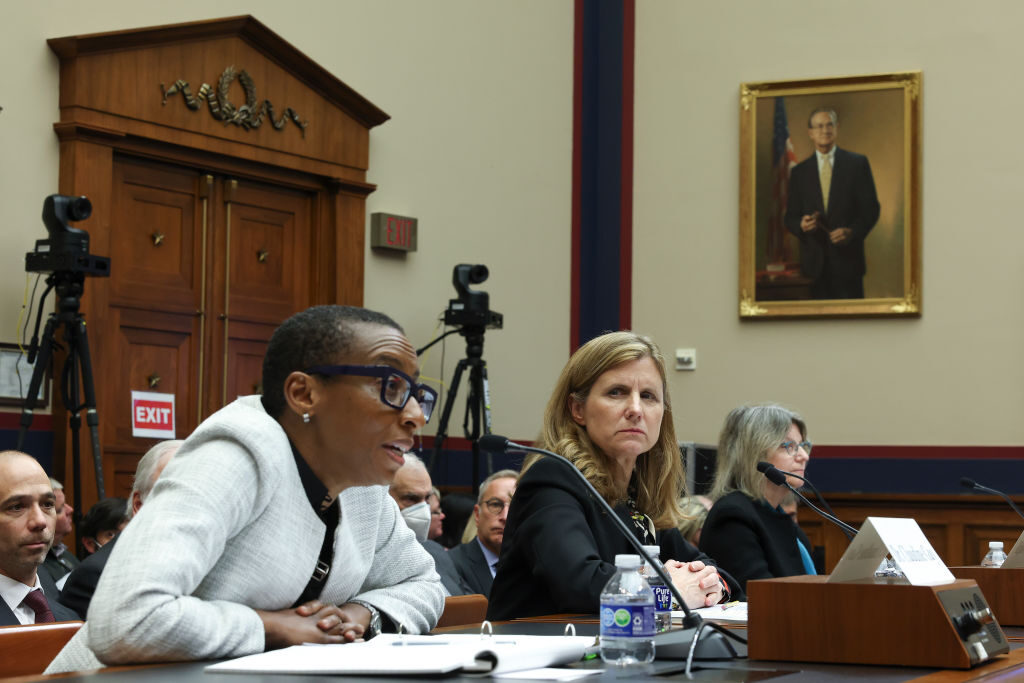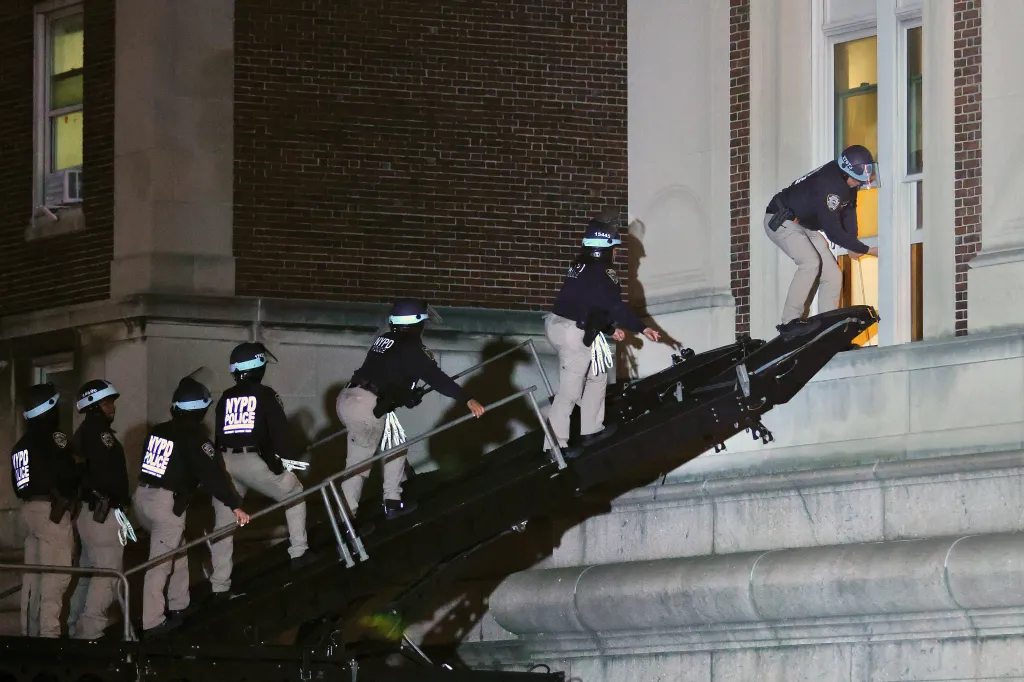On Jan. 2, Harvard University President Claudine Gay resigned nearly a month after a controversy erupted over how American colleges are handling a rise in antisemitic incidents on their campuses.
Following the Oct. 7 Hamas terror attack on Israel, where more than 1,200 people (mostly civilians) were killed by Hamas militants, student groups from several prominent American universities, including Harvard, issued statements blaming Israel for the violence.
Following Oct. 7, Israel initiated a large scale war of attrition against Hamas. At the same time, the United States saw a nearly 400% rise in antisemitic incidents according to the Anti-Defamation League.
Specific incidents on college campuses, including protests where individuals were arrested following clashes between Israel supporters and opponents, raised the alarm and led to the U.S. government stepping in to investigate allegations of antisemitism and Islamophobia on college campuses.
At a congressional hearing held by the House Education Committee on Dec. 5, Gay, along with the presidents of the University of Pennsylvania and the Massachusetts Institute of Technology (MIT) were questioned about their responses to the rise in hatred on their respective campuses.
The headline grabbing moment came when Congresswoman Elise Stefanik (R-N.Y.) asked the three college presidents whether “calling for the genocide of Jews” would violate their universities’ codes of conduct against bullying and harassment.
All three presidents sidestepped Stefanik’s question with both Gay and UPenn President Liz Magill saying it depended on the context.
Rebuke against the three was swift. A bipartisan group of 70 mostly Republican congressmen issued a letter calling for them to be fired. Major university donors also threatened to pull funding.
Both Gay and Magill would later apologize for not condemning antisemitism more profusely during the hearing, but did not reverse their testimony.
For Magill, controversy surrounding her response to antisemitism on Penn’s campus was not new. Almost a month before the start of the Israel-Hamas war, Magill came under fire after it was revealed that speakers with known histories of antisemitism were allowed to speak at a Palestinian literature event on campus.
Her heavily criticized testimony before the House committee proved to be the last straw for Magill, who resigned just days later on Dec. 9.
Still weathering attacks for her congressional testimony, problems for Gay only grew after allegations of plagiarism in her academic work were uncovered by conservative activists.
A Harvard-conducted review mostly dismissed allegations of serious academic misconduct, and instead chalked up any claims of plagiarism to improper citations on Gay’s part.
In her letter of resignation, Gay only made passing reference to her “commitments to confronting hate and to upholding scholarly rigor.”
Gay, Harvard’s first Black president, instead blamed “racial animus” for her exit.
Thus far, MIT President Sally Kornbluth is the last of three still in her position, but Kornbluth, who is Jewish herself, has received less scrutiny than Gay or Magill.
Following her testimony, Kornbluth has taken steps to address concerns about the safety of Jewish students on campus.
Nonetheless, those who drove out Gay and Magill are not signaling any intent to end their crusade.
“TWO DOWN, ONE TO GO,” Congresswoman Stefanik posted Jan. 3 on X, formerly Twitter.







